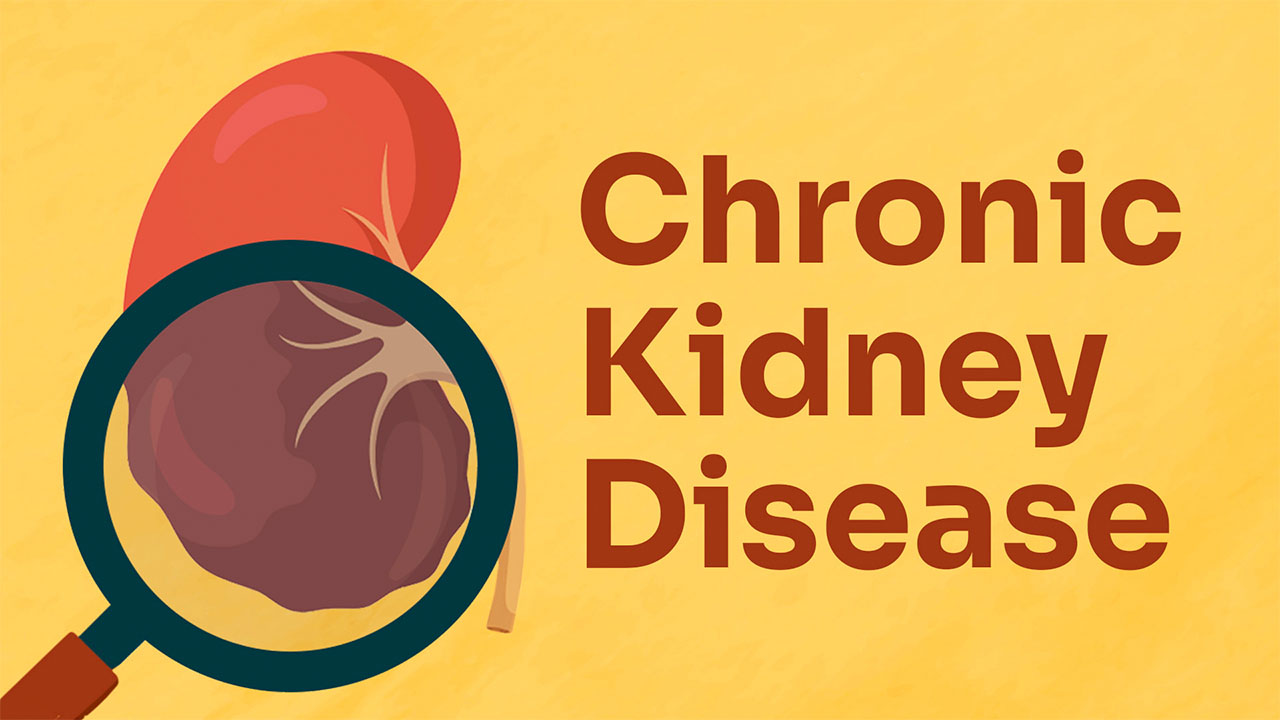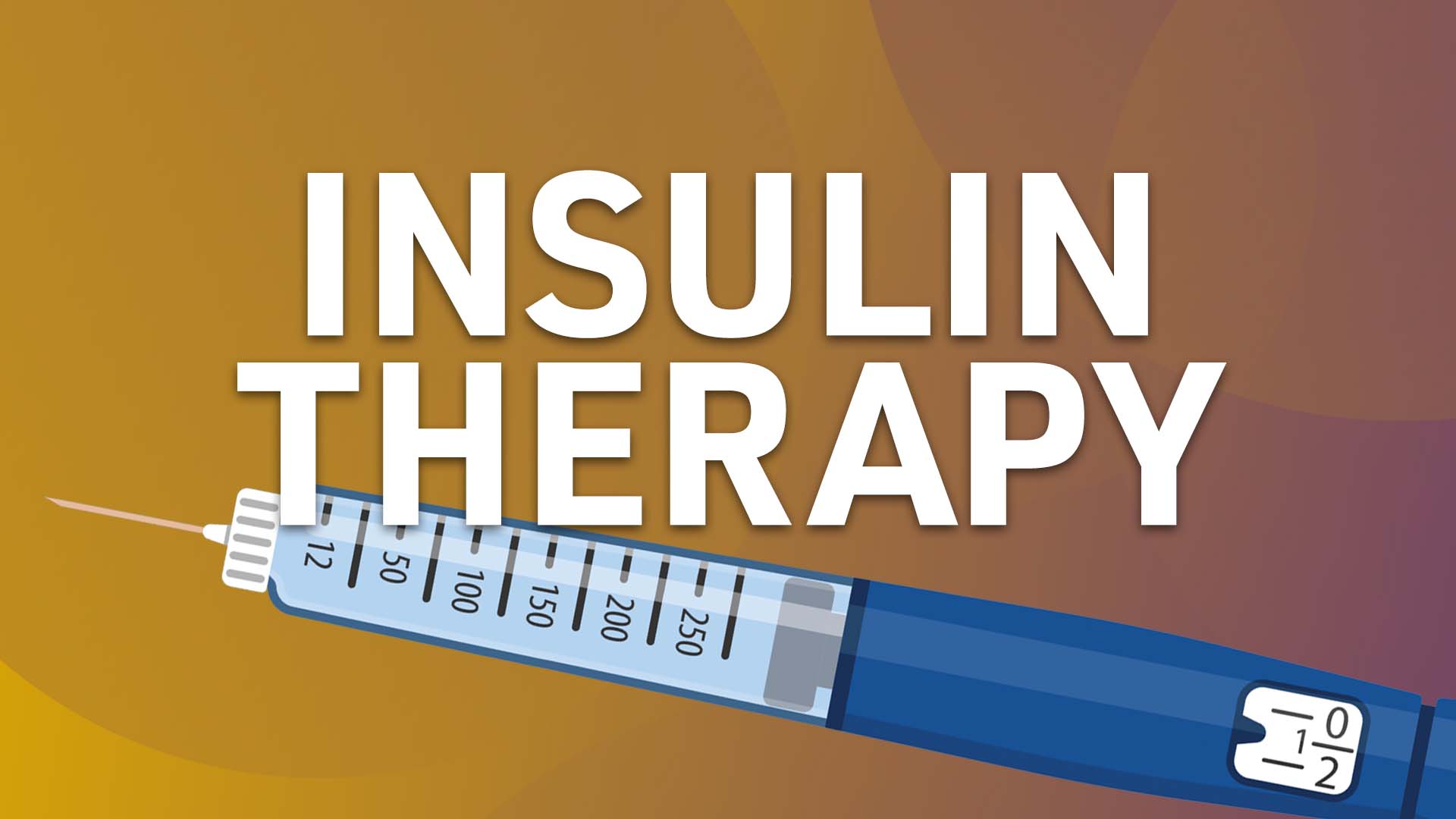Chronic Kidney Disease (CKD)


Chronic kidney disease (CKD) is a serious condition with potentially life-threatening consequences if undetected and untreated.
This Ausmed Course equips learners with essential best practices for early detection and effective management of CKD, helping at-risk individuals and those already affected improve their quality of life.
Key information and graphics featured throughout this course were adapted with permission from Kidney Health Australia, according to their Chronic Kidney Disease (CKD) Management in Primary Care handbook (5th edition).
Content
What you'll learn:
Describe the basic anatomy and physiology of the kidney.
Define CKD and identify major risk factors.
Explain best-practice screening methods for the early detection of CKD.
List best-practice CKD assessment and management strategies according to CKD staging criteria.
Identify the nursing implications for people with and at risk of CKD.
Who it's for:
Why it's needed:
Chronic kidney disease (CKD) poses a substantial health challenge in Australia - the number of patients needing treatment for kidney failure has doubled in the last 20 years, and 3 out of 4 Australian adults have at least 1 factor increasing their risk of CKD. The impact is even more pronounced among Aboriginal and Torres Strait Islander peoples, affecting 1 in 5 adults.
This alarming prevalence underscores the gravity of CKD, accounting for 12% of all deaths in Australia, and is associated with 33% of all cardiovascular deaths.
The progression of CKD to kidney failure can be slowed and/or prevented with early identification and effective management, however, fewer than 10% of people with CKD are aware that they have this condition.
Therefore, education addressing evidence-based best practices for accurate staging, effective management, and the tools for early detection of CKD is necessary for healthcare professionals to help combat the significant impact CKD currently has within the general population.
Purpose:
Topics
Assign mandatory training and keep all your records in-one-place.
Find out more
Recommended resources


 Free
Free



 Free
Free

 New
New